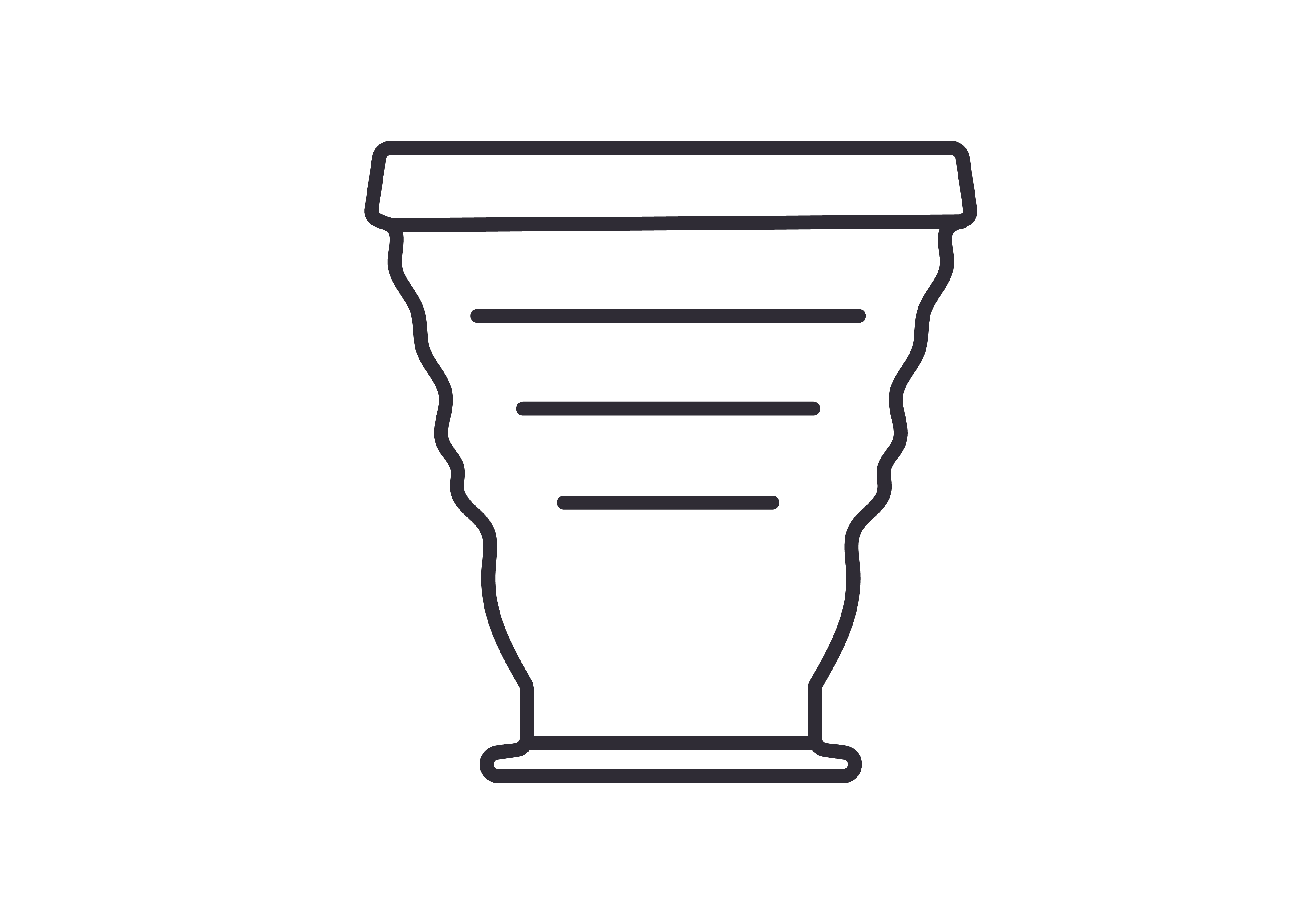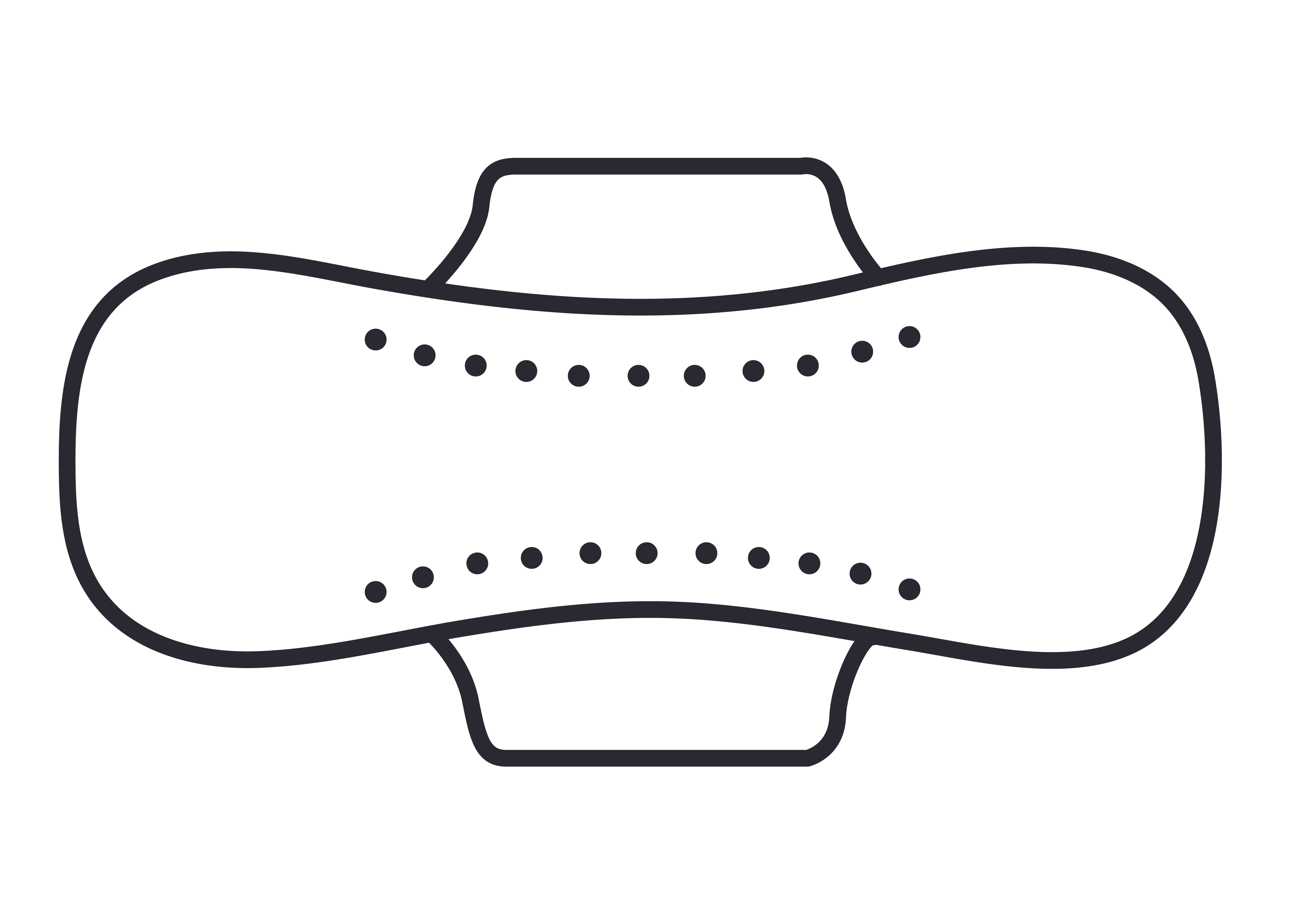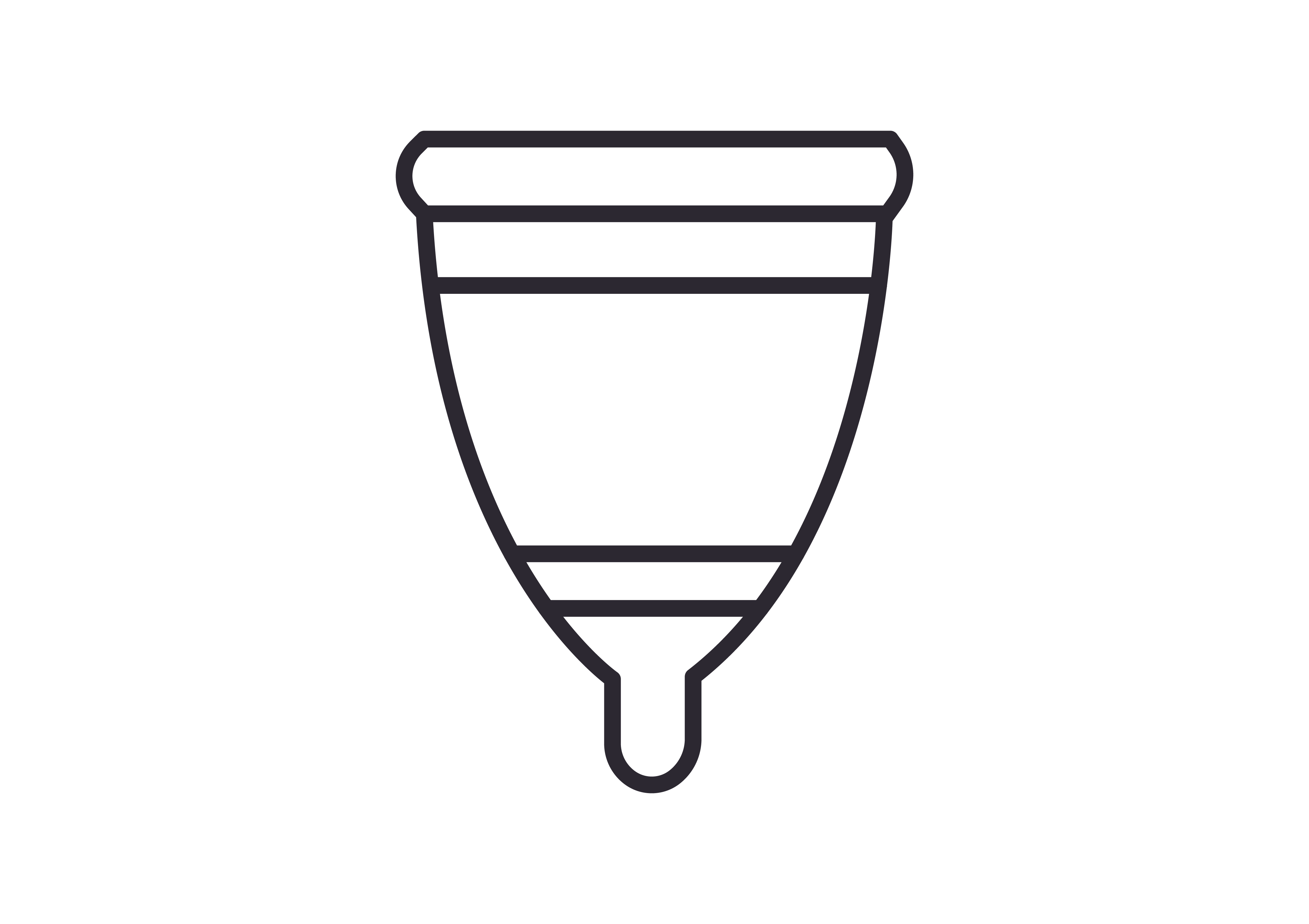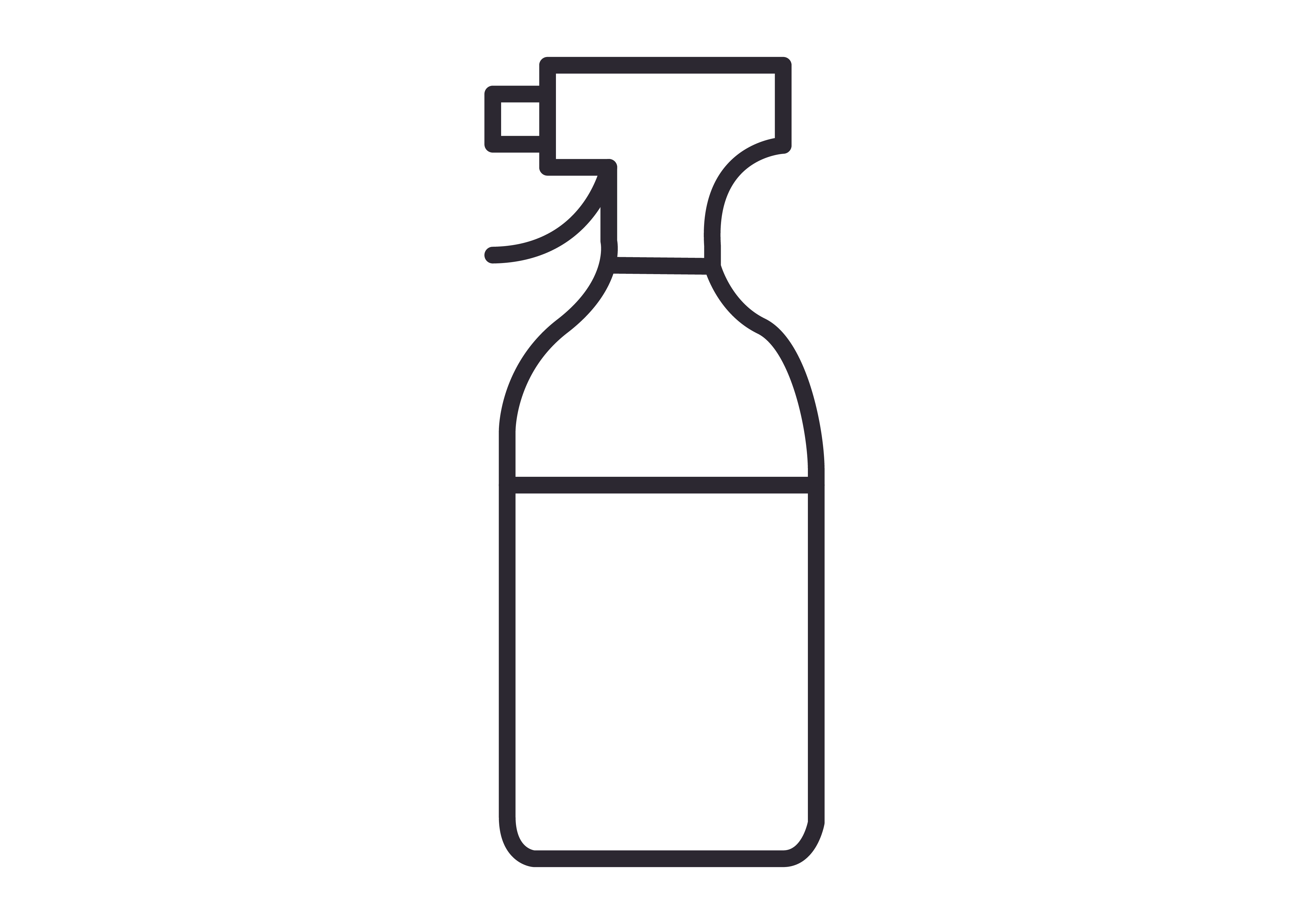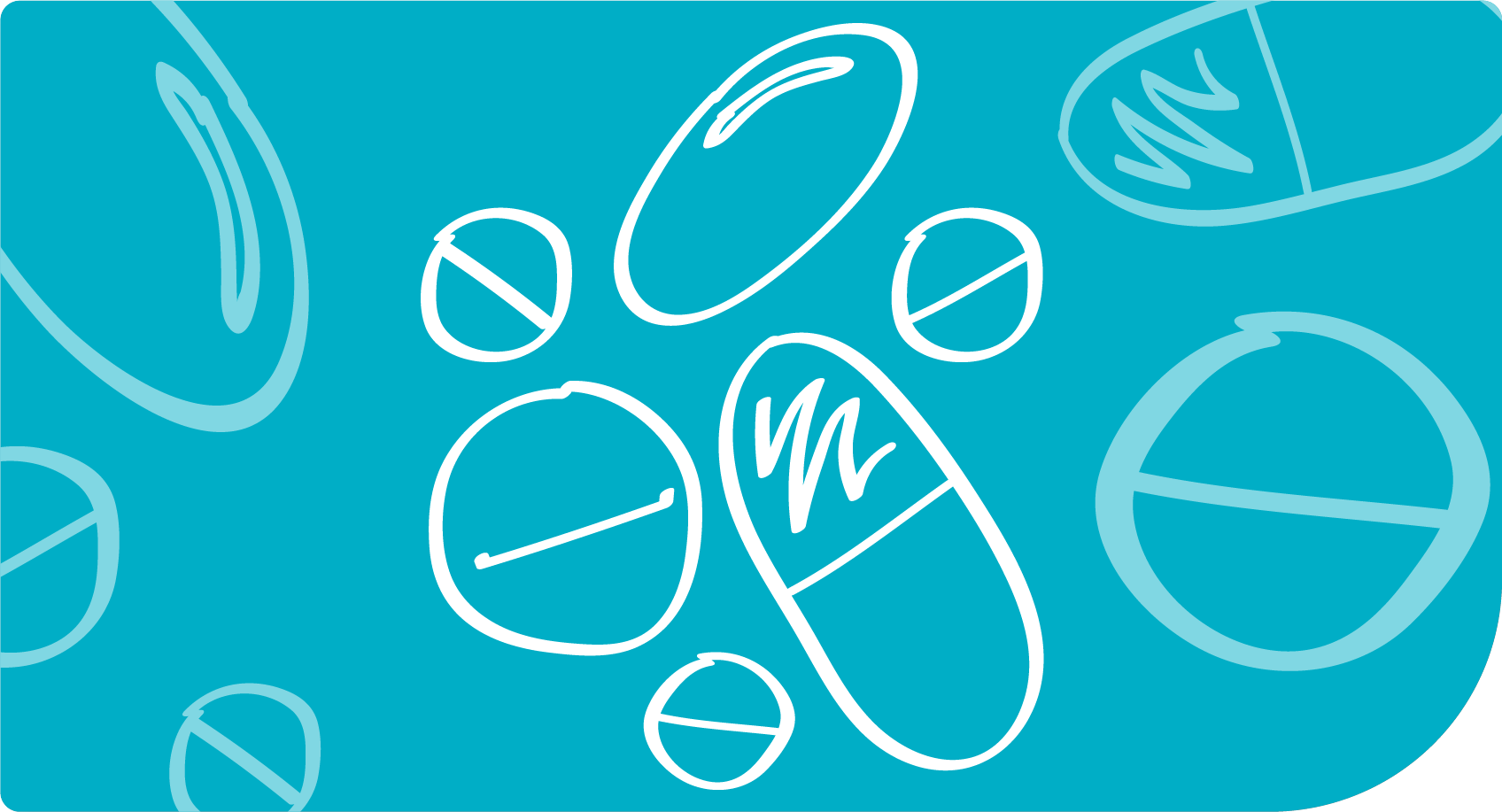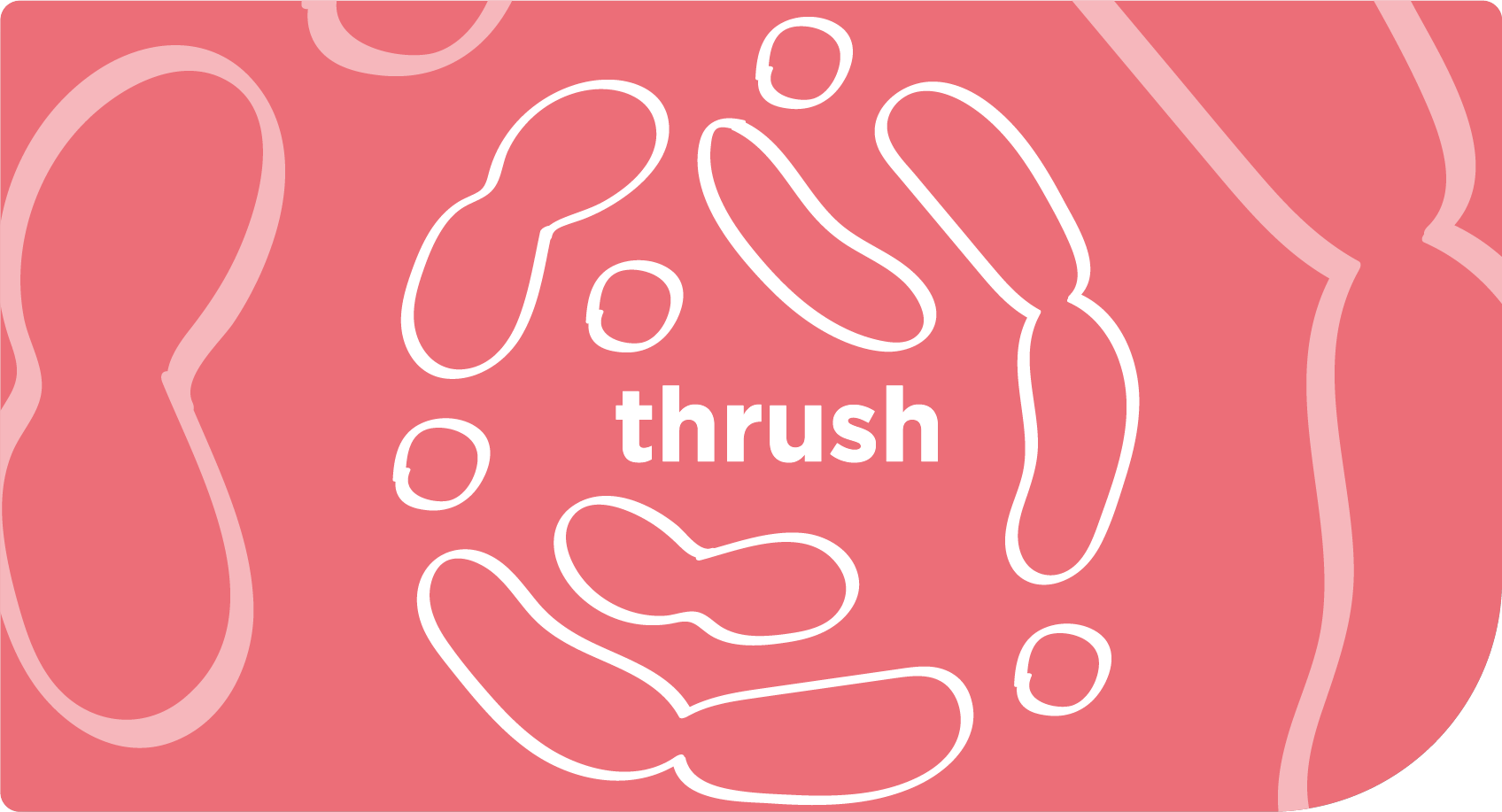Do antibiotics cause thrush?
If you’ve ever had to deal with a yeast infection after taking medication you may also be wondering do antibiotics cause thrush? Well, we’ve got the answers for you. In this blog, you’ll find out everything you need to know about antibiotics & thrush…
What is thrush?
Thrush is common and can affect various parts of the body, including the mouth, throat, vagina and skin folds. If you’ve ever had a bout of thrush, you know it can cause intense itching, irritation and general unpleasantness of the vagina and vulva.
Do antibiotics cause thrush?
Yes, some antibiotics can contribute to the development of thrush in the right conditions. They work by killing or inhibiting the growth of bacteria, however this can include the beneficial bacteria that help keep the other microorganisms in check, including fungi like Candida. With this balance being disrupted, Candida can overgrow and cause a yeast infection.
Why does this happen?
The broad-spectrum antibiotics which may be prescribed to you for things like a sinus infection, can act like a bomb to your body’s natural balance. Good news for getting rid of the bad bacteria but bad news for the good bacteria keeping everything in check. This can include Lactobacillus, a type of bacteria in the vagina, keeps the vagina slightly acidic which doesn’t create a welcoming environment to yeast and keeps the growth under control. Without Lactobacillus, your vagina becomes less acidic and therefore a breeding ground for Candida.
Are antibiotics the only way you can get thrush?
No, Antibiotics are not the only risk factor for developing thrush, other ways Candida can overgrow is having a weakened immune system, being diabetic, having poor hygiene and having a history of previous infections.
How to prevent thrush when taking antibiotics:
- There’s a few things you can do to prevent thrush whilst taking antibiotics:
- If you’ve suffered from thrush a few times, talk to your doctor who may be able to prescribe additional medication to take to avoid a yeast flare up.
- Replenish your good bacteria by probiotic supplements.
- Don’t use antibiotics unnecessarily and take them exactly as your doctor advises.
- Swap to organic cotton period care.
Shop organic cotton period care
When should I see a doctor?
If your yeast infection doesn’t clear up after a treatment, then make an appointment to see a doctor. If you suffer with four or more yeast infections in a year, then you may be suffering from recurrent thrush which requires a prescription.
If you’re still having symptoms, you may not even have thrush. A yeast infection can be easily confused with bacterial vaginosis which won’t respond to fungal treatment as it isn’t caused by fungus, read our blog all about thrush & BV.
It’s really important to treat every single case of thrush as leaving it untreated will cause additional discomfort and increase the risk of passing it on (yep, thrush can be passed on!) Here's what happens if you don’t get the infection cleared.
So, now you know that antibiotics can cause thrush when the conditions are just right because they kill off the good bacteria alongside the bad. If you have any more questions about thrush and antibiotics, get in touch! Drop us a message at talktomesister@andsisters.com
